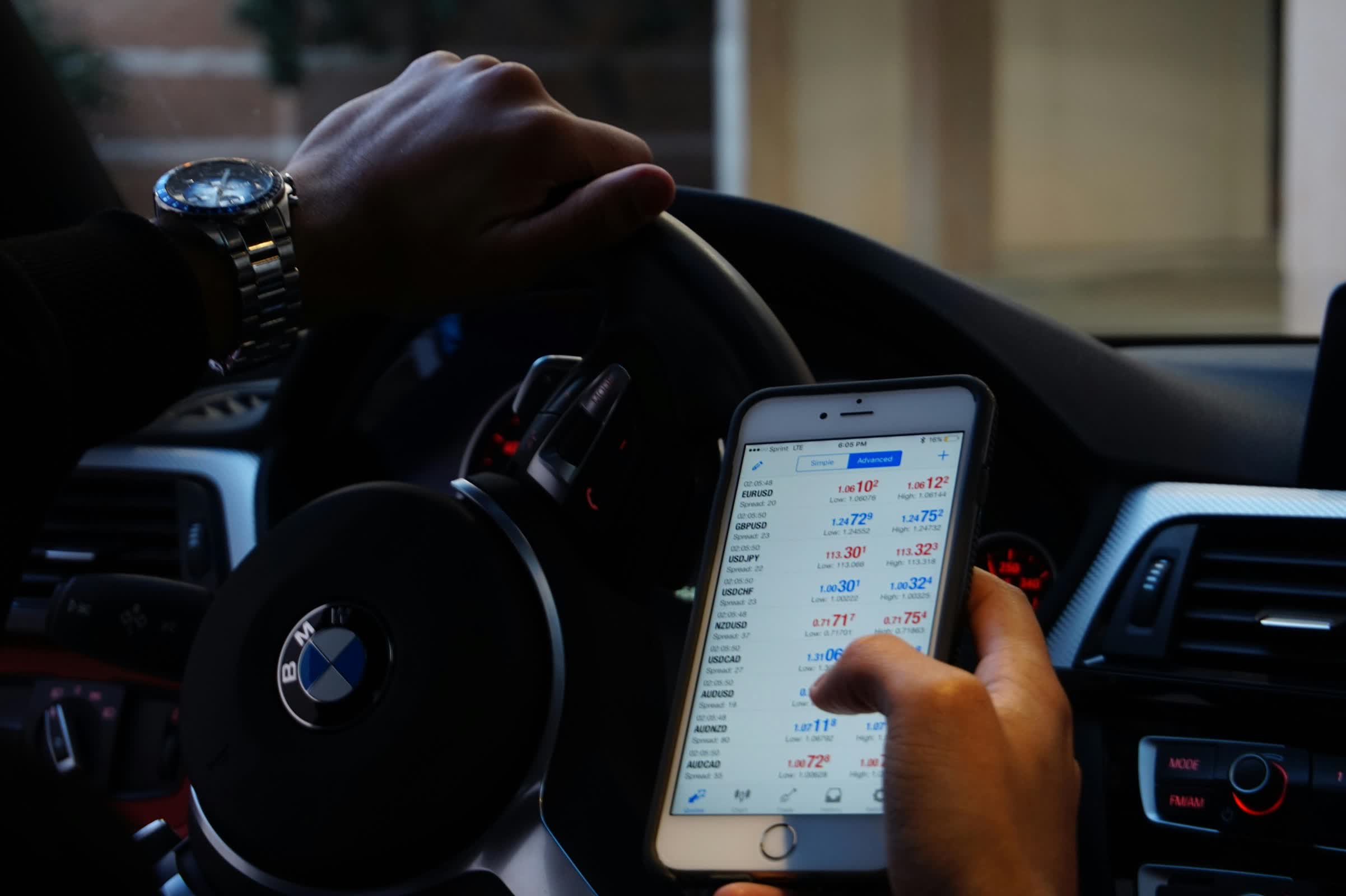Reimagining Automotive Innovation: Bridging the Gap Between Tech Hype and User Needs
In the ever-evolving world of automobiles, the integration of cutting-edge technologies is meant to elevate the driving experience. However, recent insights from the J.D. Power 2024 US Tech Experience Index (TXI) study shed light on a growing disparity between what consumers expect and what automakers deliver in terms of technological features. Many vehicle owners are feeling overwhelmed by a flood of tech advancements that fail to address real issues, are cumbersome to use, or offer limited utility.
The study emphasizes a clear preference among consumers for technologies that are user-friendly and solve specific problems. While some AI-driven features like smart climate control have been well-received, others such as facial recognition, fingerprint readers, and interior gesture controls are losing favor. These once-hyped innovations are now seen as solutions in search of problems, with interior gesture controls particularly problematic, averaging 43.4 issues per 100 vehicles and leaving 21% of owners dissatisfied with their functionality.
“A robust advanced tech strategy is essential for all automakers, and many innovative technologies are meeting customer needs,” noted Kathleen Rizk, senior director of user experience benchmarking and technology at J.D. Power. “However, this year’s study underscores that some technologies are deemed irrelevant or consistently irritating by vehicle owners.”
Another example of this disconnect is with advanced driver assistance systems, where many drivers remain indifferent to their value. While features like visual blind spot alerts are appreciated, others such as active driving assistance receive lukewarm reception. The hands-on and hands-free versions of this technology score poorly on a 10-point usefulness scale, indicating a lack of significant improvement in user experience.
Similarly, passenger screens, despite being increasingly included by automakers, are often considered unnecessary by owners. Usability challenges are frequently cited, and with only 10% of vehicles having front-seat passengers daily, the added complexity of a second screen is seen as unnecessary.
Interestingly, even Tesla, renowned for its technological prowess, is witnessing a shift in consumer satisfaction. As the brand’s customer base expands beyond tech enthusiasts, satisfaction with certain features like direct driver monitoring diminishes, as reflected in a score of 7.65.
While the TXI Study reveals a waning enthusiasm for vehicle technologies among consumers, it also recognizes brands excelling in innovation.
Toyota Sequoia earns praise for its camera rear-view mirror technology, Genesis GV70 and Kia Carnival for their front cross-traffic warning systems, and BMW iX for its one-pedal driving feature. BMW X6 and Hyundai Santa Fe are lauded for their phone-based digital key technology, showcasing excellence in infotainment and connectivity.
